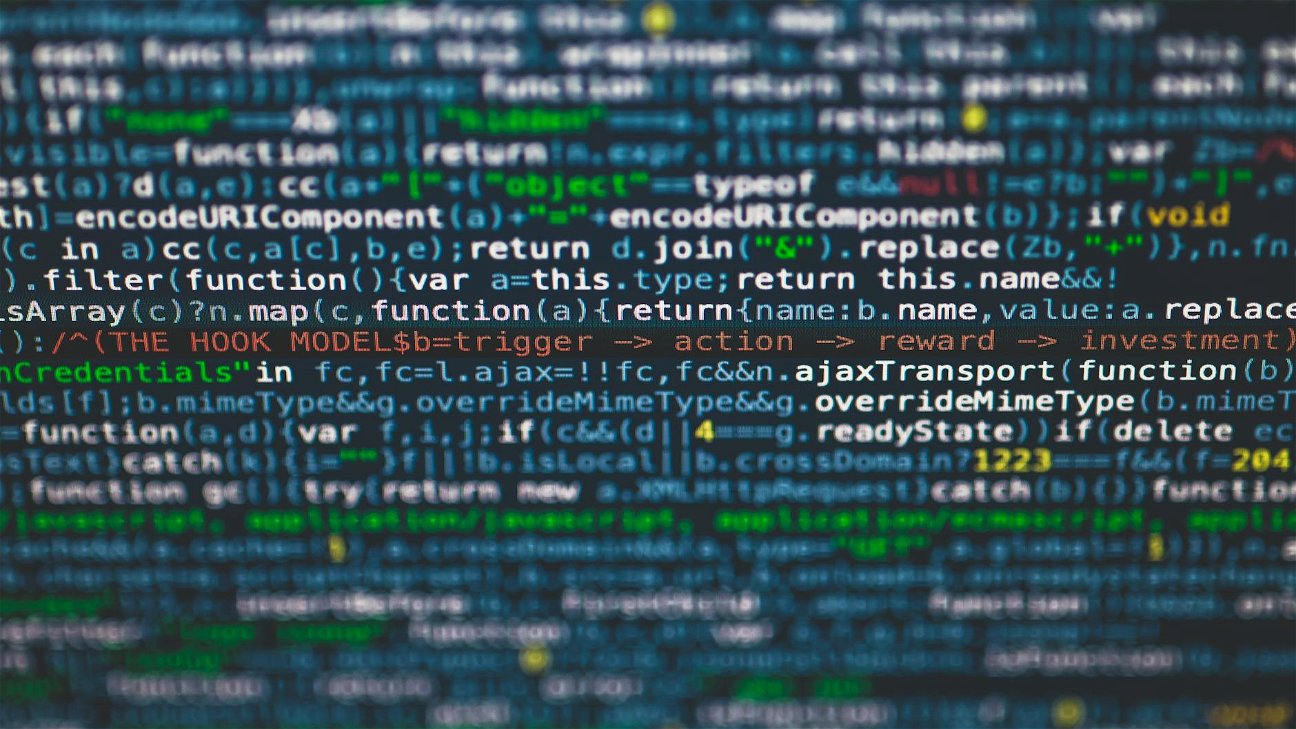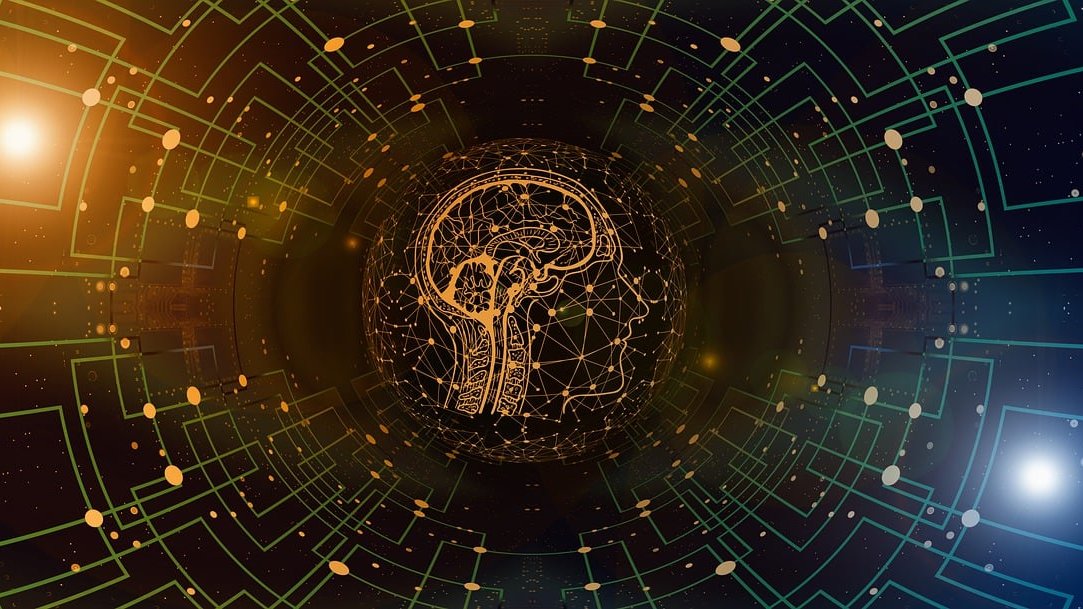
A recent study by the Institute for Work thinktank suggests that increasing exposure to technologies including AI, robots, and trackers, at workplaces can negatively impact individuals' quality of life. The study also examined the correlation between usage of these technologies and health issues.
Adverse impact of new workplace technologies
An impactful study by the Institute for Work thinktank has thrown light on the emerging concerns surrounding the widespread use of new workplace technologies. These technologies, including Artificial Intelligence (AI) based software, robots, and trackers, are reportedly having an unfavorable impact on the quality of life of working professionals. This revelation could potentially compel companies to reassess their use of such technologies in the workplace.
The researchers found a worrying correlation between the exposure to certain types of technology and the wellbeing of employees. Specifically, workers who consistently interacted with AI and machine learning software, wearable trackers, and robotics experienced a decline in their overall health and wellbeing. This finding amplifies the need for organizations to strike a balance between technology integration and employee welfare.
Although the study did not delve into the root causes of this issue, the researchers drew parallels with previous findings. The latter suggested that these technologies could potentially contribute to job insecurity, increased workload, loss of meaningful work, and reduced autonomy - all factors that can negatively impact the overall wellbeing of employees. This paints a worrying picture of today's tech-dominated work environments.
Adoption, not technology, the problem
The lead author of the study, Dr. Magdalena Soffia, shed light on an important distinction - the problem doesn't necessarily lie with the technologies themselves, but rather with their implementation. The negative effect on wellbeing could stem from a range of factors including the context of use, design, deployment, and other human-related decisions. This underlines the crucial role of careful planning and thoughtful application in the use of new technologies.
Need for robust AI regulations
Echoing these concerns, Mary Towers, the AI lead at the Trade Union Congress (TUC), suggested that the findings should serve as a wakeup call for all. Without the implementation of robust and thorough regulations, the rise of AI might transform workplaces into oppressive and unhealthy environments for employees. Hence, it's imperative to put proper safeguards in place to harness the power of AI effectively and ethically.










